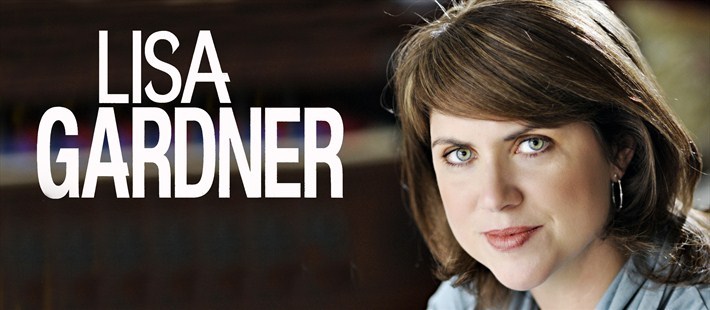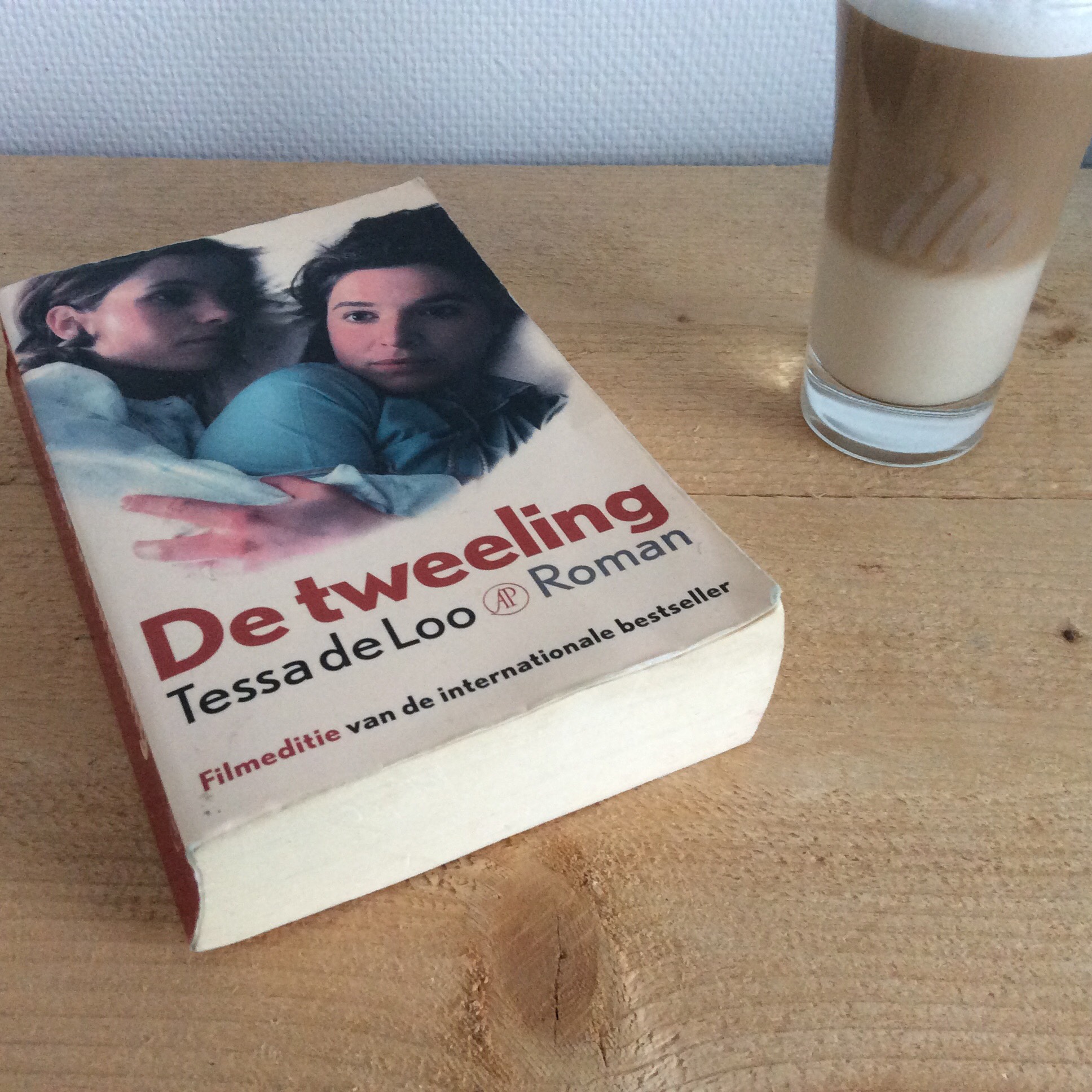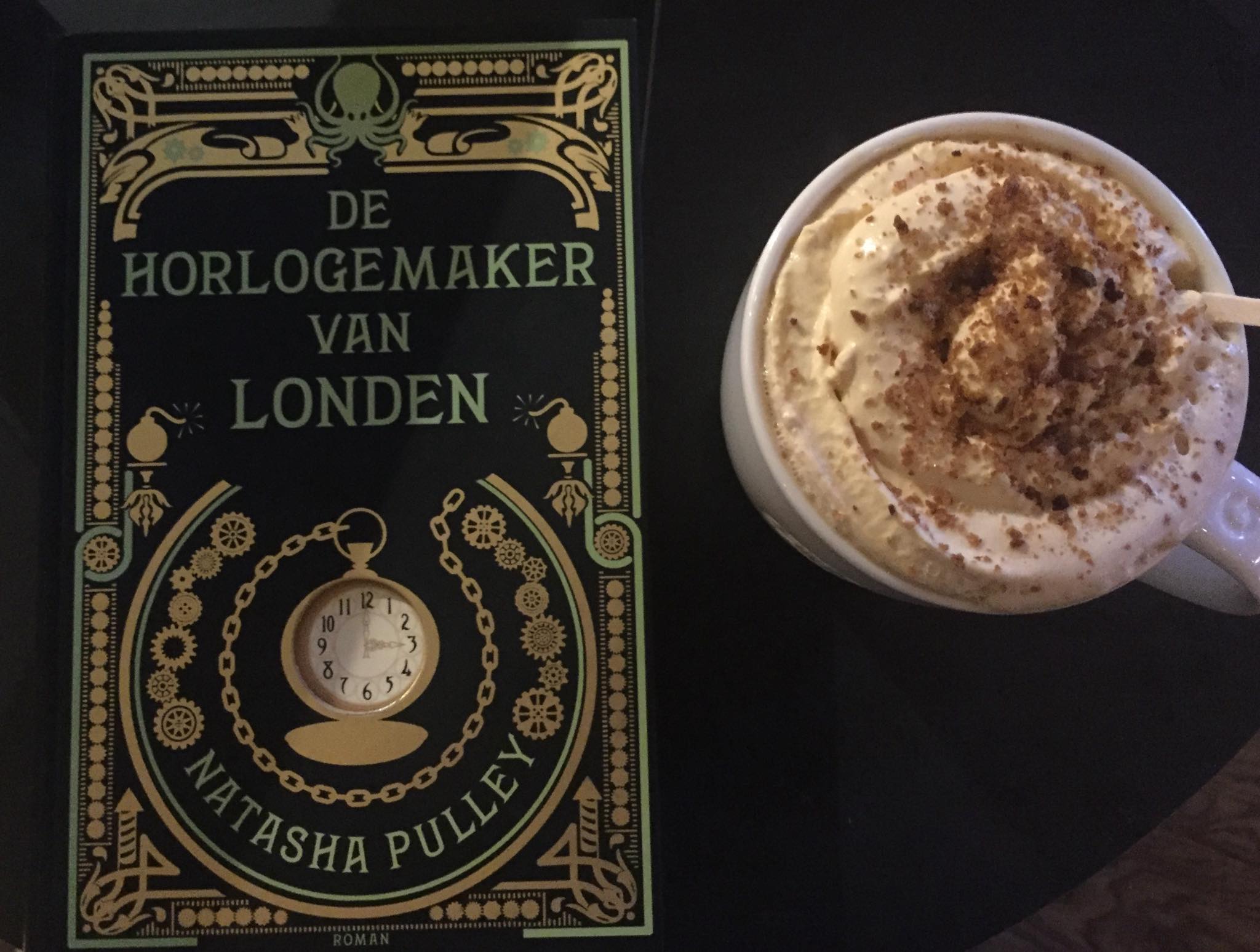Drie weken geleden kwam het boek Vind haar van Lisa Gardner uit. Aangezien Lisa Gardner een van mijn favoriete auteurs is, was ik super blij dat ik een recensie-exemplaar mocht lezen en haar zelfs mocht interviewen. Een boekblogger’s droom komt uit! 😉 Lisa Gardner is een van de meest geprezen en succesvolle misdaadauteurs ter wereld! Ze wordt in dertig landen vertaald en verkocht meer dan 22 miljoen boeken. In 2012 stond ze met maar liefst drie titels tegelijk in de New York Times-bestsellerlijst. Lisa woont in New Hampshire met haar gezin. Het interview is daarom in het Engels afgenomen.
How does a story start? Do you plot your novel in advance? And what inspired you to start writing Find her?
Find her was inspired by an article I read on a new unit in the FBI—the victims assistance unit. Traditionally, suspense novels end with the discovery of the bad guy. What I learned from the FBI victim advocates, however, is that this is only the beginning of the victim’s journey.
For example, a kidnapping victim has been through so much trauma, they require a plan for “re-entry” into the real world. What does it mean to be a survivor? And having gone through the worst, can you really find a happily ever after? This became the genesis for Flora Dane, who survived 472 days with a kidnapper, but is still learning how to live again.
What are some of your resources when researching for your crime fiction? Do you look into real crime cases for inspiration?
For Find her, I had the opportunity to interview a mom whose daughter was kidnapped in real life. The daughter was eventually recovered alive, thank goodness, but the toll on the entire family was awful. The mom herself went from being an everyday person to having to appear on national news. The girl’s sister returned from college to run the social media campaign to assist in the search. It was a life-changing experience for everyone, which is something I’d never considered before. The mom’s experience became the basis for Flora’s mother, Rosa—who I just have to say, is one of my favorite characters. Rosa’s strength should be an inspiration for us all. But talking to real people, whether its detectives, FBI victim advocates, or survivors, helps give me the insights and details which I think make the story come alive.
How much research do you have to do for a book like Find Her, or do you now write confidently about police procedures?
I worked very closely with various law enforcement agencies, plus the FBI victim advocates, to map out the story arc for Find her. I don’t truly plot—more like, given my fictional set up, what are the real world procedures you would follow to solve this crime, help this victim, etc. I always ask the police for help with my crime, too. I’m not nearly as diabolical as people think—but your average homicide detective is!
I loved the structure in Find Her. D.D. Warren’s parts are told in the third person, while Flora Dane’s voice is in the first person. Was this something you had in mind before you started writing the story or did it just came up during writing?
The story came to me that way. D.D. has always been third person, but Flora talked to me directly. In the end, I decided to go with it. I think it makes her more compelling. It also gives the book a confessional feel, as Flora is working through a lot. There’s a saying, go from surviving to thriving. Flora is surviving. She’s not thriving yet, hence her need to hunt down rapists and/or burn them alive. Everyone has their own way of coping.
What was the hardest part to write?
Flora’s backstory with her former kidnapper, Jacob Ness. I did a lot of research into kidnapping victims who were held for long periods of time. As they put it, the hardest parts weren’t necessarily the violent episodes, but the lulls in between. Everyday moments when you and your kidnapper shared lunch, and maybe he turned on your favorite TV show because after all this time you know each other that well. Later, those are the moments that are hard to get back out of your head. The ones you were grateful to him for bringing dinner, or you shared a laugh over Seinfield. It reveals how deep and insidious the relationship has become.
In Find Her, Flora Dane seems more the protagonist than Detective D.D. Warren. Did you begin writing the novel with that in mind?
I never have a master plan when I write a book. I have an idea for a plot, for a character, and everything just happens from there. Yes, this story became Flora’s story. But man, what a story she has to tell!
I’m still thinking off Flora Dane, in my opinion she is such a strong woman! What is the first thing that comes up in your mind when you think of Flora?
Survivor. Absolutely. But also, wounded, fractured, traumatized. For over a year, she felt powerless and victimized. It’s a journey to come back from something like that. She’s determined, but that doesn’t mean she’s magically well-adjusted. More like obsessed.
D.D has been on the sidelines for a while, how was it to “bring her back to work”? Was there a special reason for doing this?
D.D. is a supercop. She loves her job and makes no apologies. Which readers really love about her, so I couldn’t just leave her wounded. It seemed too cruel. Detective D.D. Warren back on the job, makes everything right in the world again.
As a series continues, the range of the options for the main character narrows. Do you cautiously think about how your main character will develop?
I think in terms of new challenges. Since D.D. Warren is a very confident homicide detective, over the course of the series, challenges for her have happened on the home front. Falling in love. Actually getting married. Then having a kid! This is not a woman who ever expected such things. In my next novel, I got her a dog. More signs of domestication. She really doesn’t know if she should be horrified or not. But personal growth is good in real life, and in fiction.
What makes D.D. so special?
I think her work ethic and wise ass ways make her a fun investigator, while her tentative attempts at balancing the job she loves with the family she’s discovered make her compelling. She might be a brilliant homicide detective, but she’s still very human. And she does make mistakes, which we can all relate to.
Will D.D. be back?
Yep. With a dog. Her husband and son conspired against her to get a family pet. But of course, Kiko is adorable, even if he’s a threat to her precious collection of shoes.
I never can guess what’s going to happen in your novels. Can you quantify how you manage to maintain this element of surprise?
I never know how they’re going to end! So we’re equal. We’re back to the not plotting part. Since I don’t know what’s going to happen next either, the surprises keep coming. And I have incentive to show up to work to write each day.
Sometimes I feel really scared while I’m reading your stories. Is there ever a moment that you feel scared during writing a novel? Like… when something bad is going to happen with your favorite character?
Find her has one of my scariest scenes—Flora has been abducted. She wakes up in a pitch black room. All she can hear is the sound of someone else breathing. Friend, foe? If you can’t see, who do you know? To be tied up and blinded is to be so vulnerable. I wrote the whole thing on pins and needles.
My last question!! As a bestselling author, do you worry about anything in your writing life?
I always worry. It’s an author’s basic condition. The books never get easier to write because each is a different challenge. So every day begins with the battle of the blank page. But over time, you get more comfortable with the discomfort, and that’s not a bad thing. Means I’ll keep thinking of stories to tell, and showing up to write them!
Vind haar van Lisa Gardner
Dit was het interview met Lisa Gardner, ik vond het enorm leuk om wat achtergrond informatie te ontvangen van het boek, haar schrijfstijl en haar leven als auteur. Nieuwsgierig naar het boek? Volgende week verschijnt de recensie van Vind haar op Book Barista. Ik wil uitgeverij De Bezige Bij bedanken voor hun medewerking en het recensie exemplaar!






